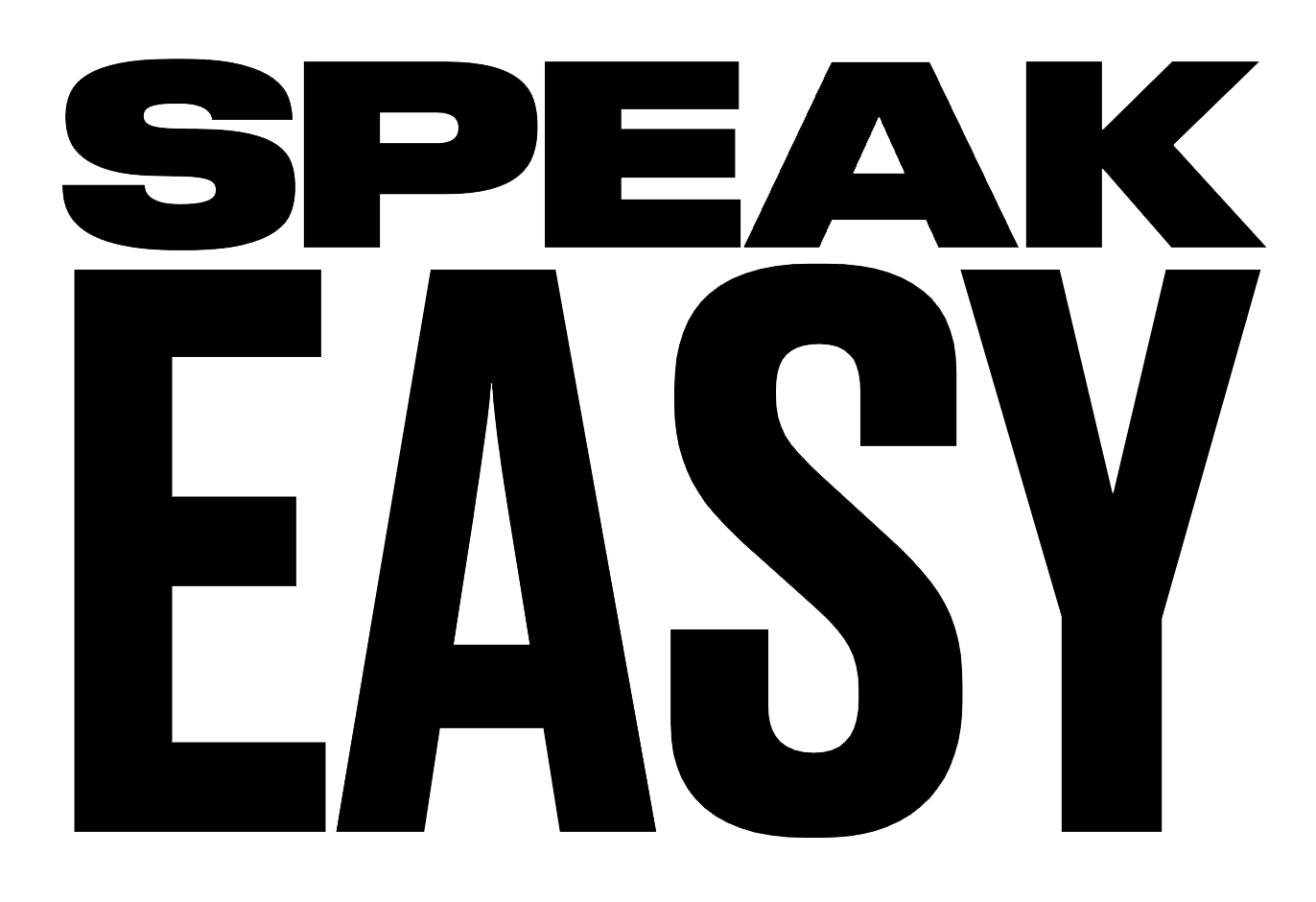Project Management Glossary
Project Management
Deliverable
Deliverables are the quantifiable goods or services that are delivered at the end of a project.
Project Management
Dependencies
Dependencies represent a relationship between tasks or projects where the initiation or completion of one is dependent on the completion or initiation of the other. Worth noting: dependencies can cause challenges for project managers, as a delay in one task can result in a domino effect for all dependent tasks.
Project Management
Gantt chart
This is one of those project management terms that, if you aren’t familiar with it, can send a chill down your spine. Don’t fret! Gantt charts aren’t all that mystifying or intimidating! They’re just horizontal bar charts that visually represent a project’s tasks over time. Gantt charts are actually great tools for illustrating dependencies as […]
Project Management
Hybrid methodology
Hybrid methodology involves combining multiple project management methodologies — for example Agile and waterfall — into a single workflow (more on workflows below).
Project Management
Job stories
Job stories are a device used to facilitate team conversations. They’re used to shift the discussion focus : from assumptions to context; from subjectiveness to causality; and from personas to motivations.
Project Management
Kanban
Kanban is a very visual project management methodology in which tasks and projects are organized on a board. The board is broken into sections representing your workflow — a typical breakdown is “To-Do,” “Doing,” and “Done” — and tasks move through each of these categories throughout a project. Kanban gives team members a quick, digestible […]
Project Management
KPI
KPI is an acronym that stands for Key Performance Indicator. Project managers and other leaders use KPIs to break goals down into specific, quantifiable metrics. An example of a KPI could be achieving $1,000,000 in annual revenue.
Project Management
Level of Effort (LOE)
The level of effort calculates how much time is needed by role, across the timeline and the sums of the total labor (level of effort) required to complete a task or project is the LOE.
Project Management
Milestone
A milestone is a key event in a project that marks a significant development or change. They are particularly valuable for long-term projects in which multiple deliverables will be completed at different stages. Essentially milestones let you know if you’re on track throughout a project, so you don’t only notice something is off when you […]
Project Management
MVP
An MVP doesn’t have the most goals in a season. MVP stands for Minimum Viable Product, meaning a version of a software product that has enough features to satisfy a customer need and generate feedback for future development. While mostly used in software development, MVPs can be created for other projects, too.
Project Management
OKR
OKR stands for Objectives and Key Results. Each OKR is composed of an objective, supported by a number of metrics (often three) to measure the objective’s success. For instance, an objective could be “Generate massive pre-launch buzz around Product X” while key results would be “500 waiting list sign-ups ahead of launch” or “200% increase […]
Project Management
Prioritization
Prioritization involves deciding what projects or tasks have a higher urgency than others. Its frequency of use depends on the size and scale of projects — but we all prioritize every morning when we decide what we’re going to work on.
Project Management
Product management
Product management is the process by which a product goes from concept to launch. It also encompasses continuing efforts to keep a product relevant on the market after launch.
Project Management
Product manager
Product managers are often referred to as the “CEO of their product.” They take care of devising strategies, planning work, and matching a product to specific customer needs. Usually, this role is found in tech and software companies.
Project Management
Project coordinator
Project coordinators are people who do whatever needs to be done to help a team successfully deliver on a particular project. Where project managers oversee a project as a whole, project coordinators work on the minutiae, such as making sure a team has the tools it needs to succeed.
Project Management
Project management
Project management is a discipline covering the application of processes, expertise, and tools, in order to meet project goals and requirements according to a specific deadline.
Project Management
Project manager
A project manager is a person ensuring that a project is completed within budgets and deadlines. They don’t typically manage a team directly but coordinate work across multiple teams and collaborators.
Project Management
RACI charts
RACI is an acronym used to identify the roles of various people involved in a project. R = the person responsible for a project A = those accountable for the project’s outcome C = team members who must be consulted or involved in the project work I = people who need to be kept informed […]
Project Management
Retrospective
When a project ends, you can’t just jump right into the next one. Retrospectives (or retros) are a chance for the project team to come together after it ends to look at what worked well and what didn’t. It’s used to help implement changes and improve processes for future projects. Retrospection is one of the […]
Project Management
Route
Work that is complete is routed (i.e. sent) for review and feedback.
Project Management
Scope
The scope is basically the work that needs to be done in order to complete a project. You want your team members to be heavily involved in scoping a project before it begins — especially if you’re producing work for an external client. Only they know how much work will be required to complete that […]

